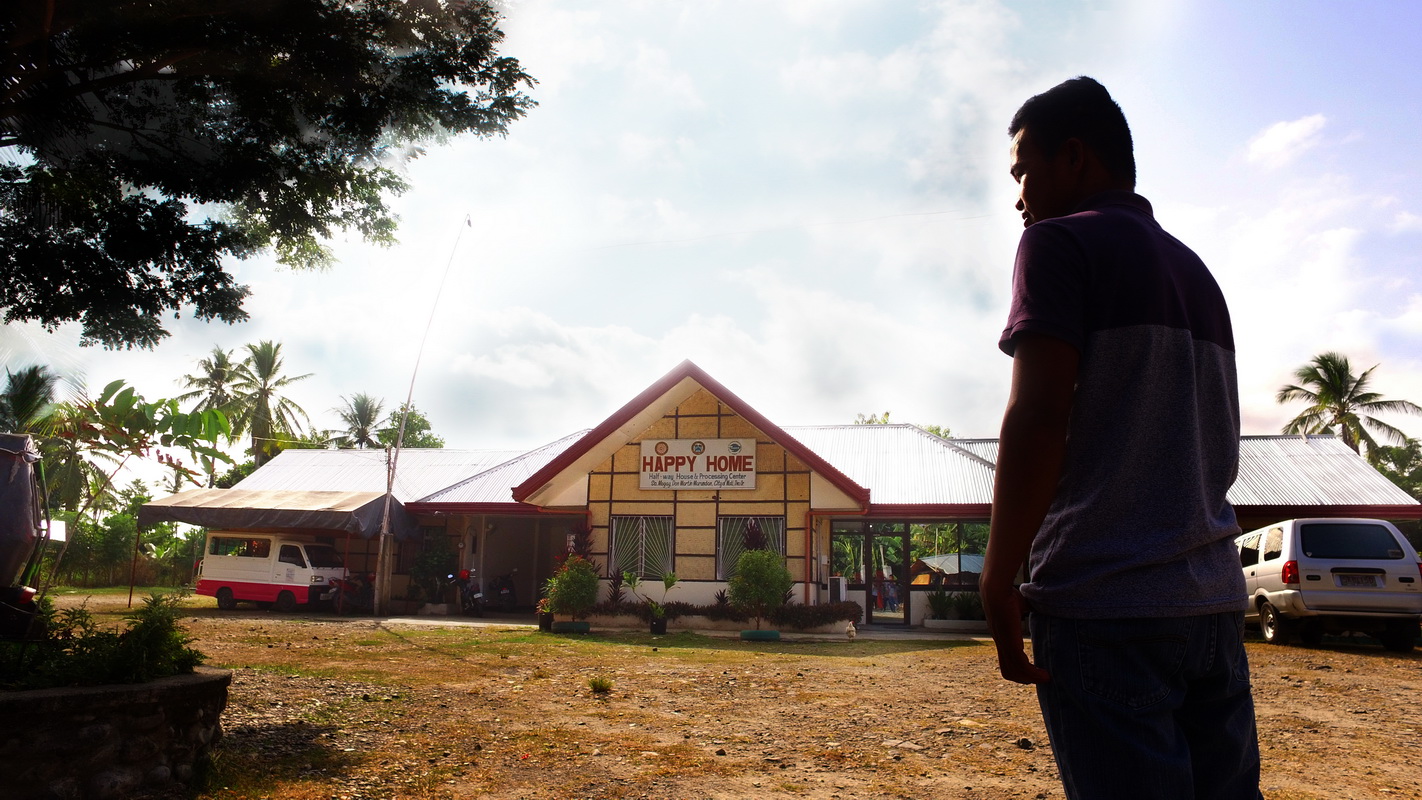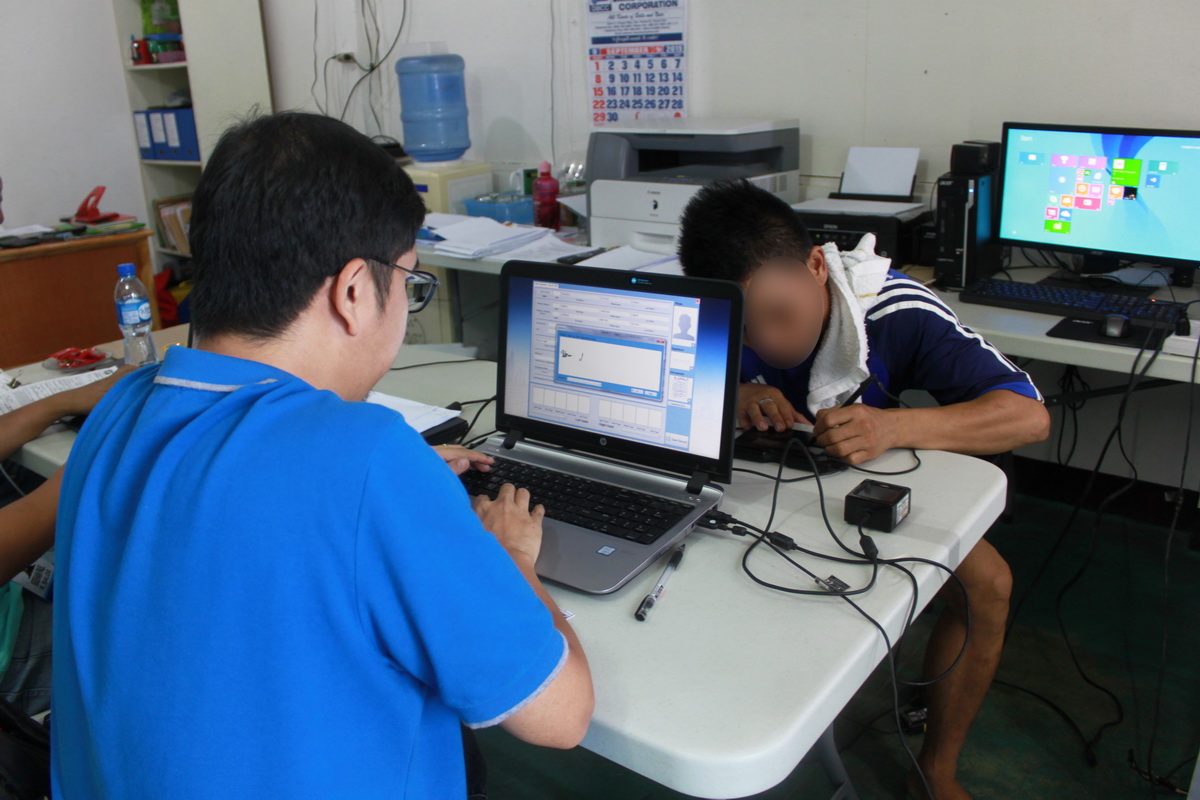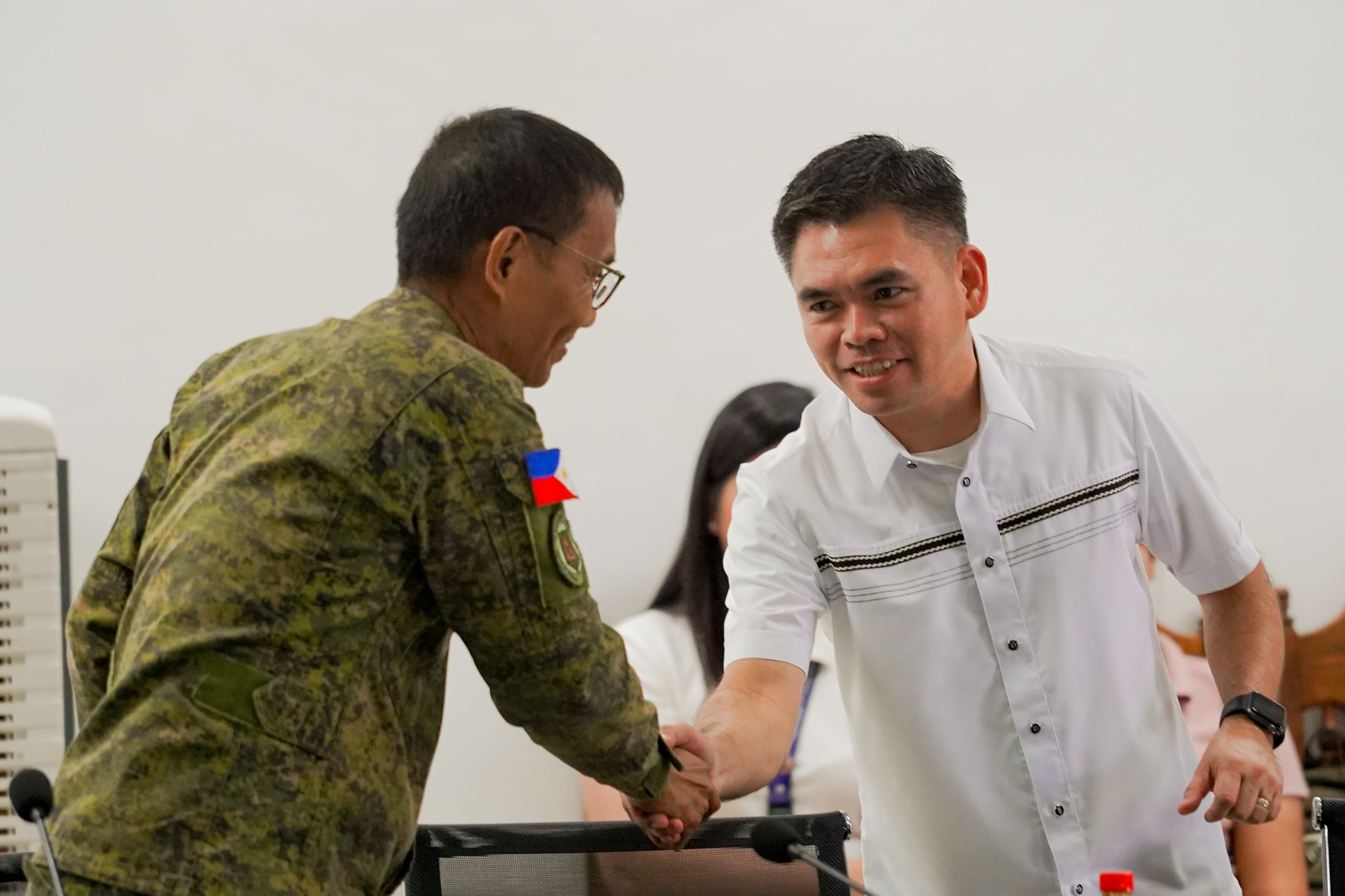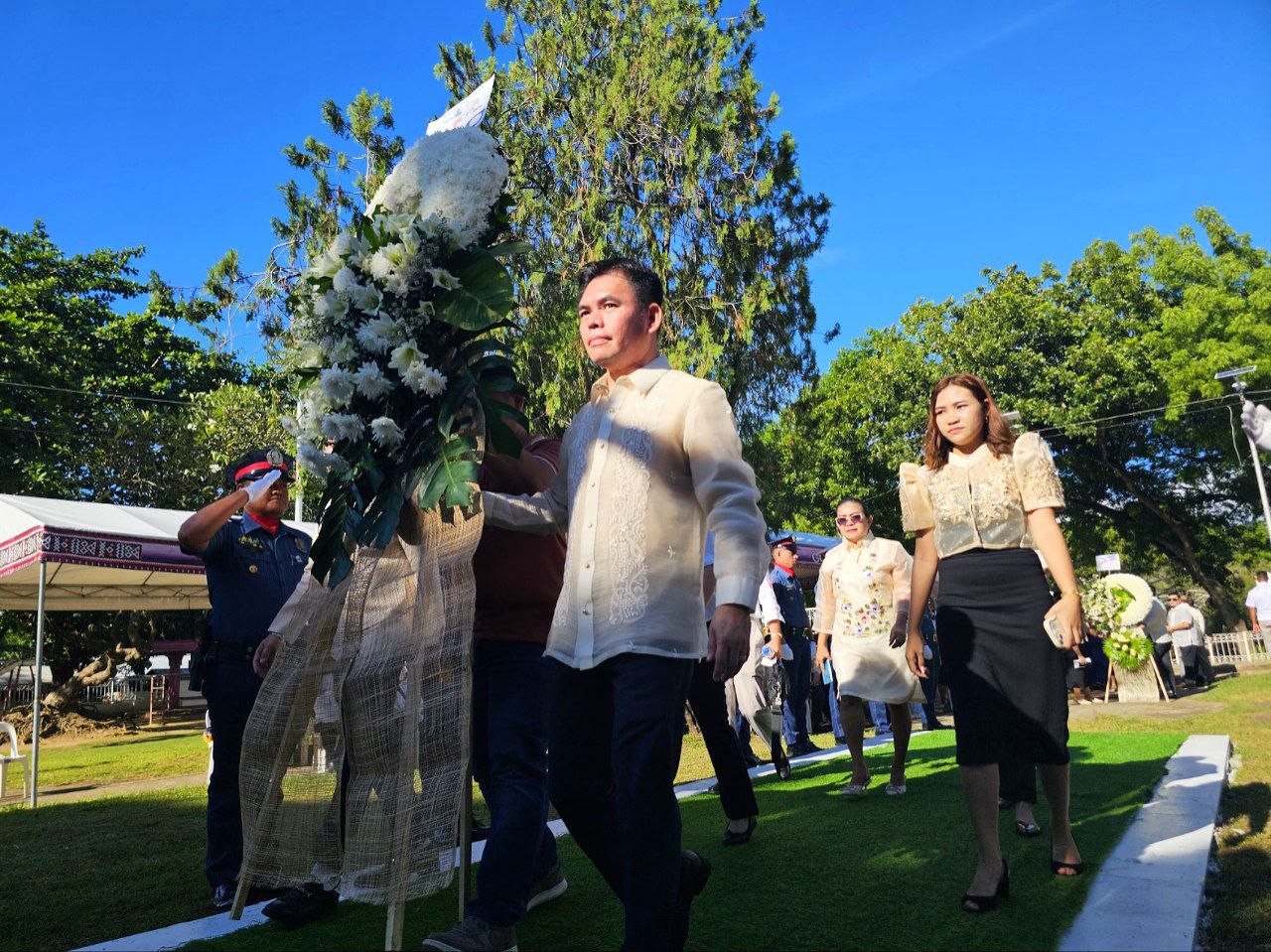DAVAO ORIENTAL – A former rebel who surrendered to the government following a Whole-of-Nation Approach community dialogue in his home village says he is now “more optimistic” about the future.
Roy (not his real name), who currently resides at the Provincial Government-run halfway house for former rebels called Happy Home, surrendered to the government in May after deciding to abandon the life of being a member of the Communist New People’s Army.

While he already heard about the government’s programs for former rebels who yielded to the government, he said his will to break away from movement was inspired by his family and relatives in the village who, through concealed messages sent to him, convinced him to lay down his arms and surrender.
“People were telling me that I am still young and that I would just waste my life by being a rebel,” Roy said.
He said his resolve to surrender became firmer after he heard that a team consisting of various government agencies has conducted a community dialogue in his hinterland village of Taocanga in Manay town several months ago.
“After escaping, I sought the help of the soldiers assigned in our village and they immediately assisted me,” he said, adding that he was welcomed by the government troops of the 67th Infantry Battalion in their camp based in Baganga where he stayed for a while.
As soon as the processing of his documents for his enrollment to the government’s Enhanced Comprehensive Local Integration Program (E-CLIP) was completed, Roy was sent to the Ugnayan Center at the 701st Brigade to undergo a ten-day de-radicalization program before he was endorsed to the Happy Home where he now temporarily resides.

At the Happy Home, Roy said he was enthralled by the myriad of services and benefits he received. He cited some of the programs there such as the Alternative Learning System which gives people just like him who barely went to school an opportunity to get a high school diploma. “We learned the importance of being able to read, write and learn basic arithmetic,” he said. He also learned some livelihood skills through various trainings which he says will help him in seeking employment or perhaps starting a small business in the near future. “I am definitely happy here because we have learned a lot. I am truly thankful.”
Roy said he is now optimistic about the future—a thing he never imagined while inside the movement which “has sown nothing but lies and fear to all of us.”
Poverty as Means to Exploit
Growing up in a hinterland area with a little economic opportunity, Roy experienced an impoverished childhood. Being the sixth in eight siblings, his family’s livelihood which is dependent on farming abaca and corn could not make ends meet to support their big family.
He said he was convinced to join the movement because of the NPA’s political narrative about the government’s apathy towards the people’s poverty.
He added it was not difficult for him to get enticed to join the NPA because he was already an active member of the NPA mass organization for years wherein he was often tasked to run errands for them like buying rice and other supplies.
Roy said he joined the NPA in 2018 and spent seven months inside the movement where he served as a medic. He said the NPA cadres’ promises to provide him a better life also became a reason why he joined their ranks. “But none of those promises ever came true,” he said, adding that instead of being given support, he suffered hunger and fatigue walking for days on the mountains.

Now, Roy wants to put his past behind him and to simply look forward for a better future. As he undergoes rehabilitation inside the Happy Home, Roy, along with the other 30 former rebels currently residing at the Happy Home, is set to receive livelihood assistance worth P 65,000 to help him start over upon completing the program.
EO 70
The Provincial Government’s localized implementation of President Rodrigo Duterte’s Executive Order 70 or Whole-of-Nation Approach has been helping push the government’s aim to attain sustainable peace and to end insurgency.
Since last April, the Provincial Task Force to End Local Communist Armed Conflict composed of various agencies has been visiting some hinterland areas or Geographically Isolated and Disadvantaged Areas (GIDA) that were identified as insurgency hotspots. There the Task Force conducts multi-sectoral Inclusive and Participatory Barangay Development Workshop which notes the urgent needs of the community while listing down possible interventions. It also becomes a venue to urge rebels to yield to the government while helping the government communicate its programs for the former rebels.
PTF-ELCAC Vice Chair Ednar Dayanghirang said that aside from addressing concerns of the communities, another component of the Whole-of-Nation Approach is to ensure the former rebels’ sustainable livelihood considering that they are most vulnerable group to be recruited back to the Communist movement. By Karen Lou Deloso/Photos by Rhea Shane Laureano




